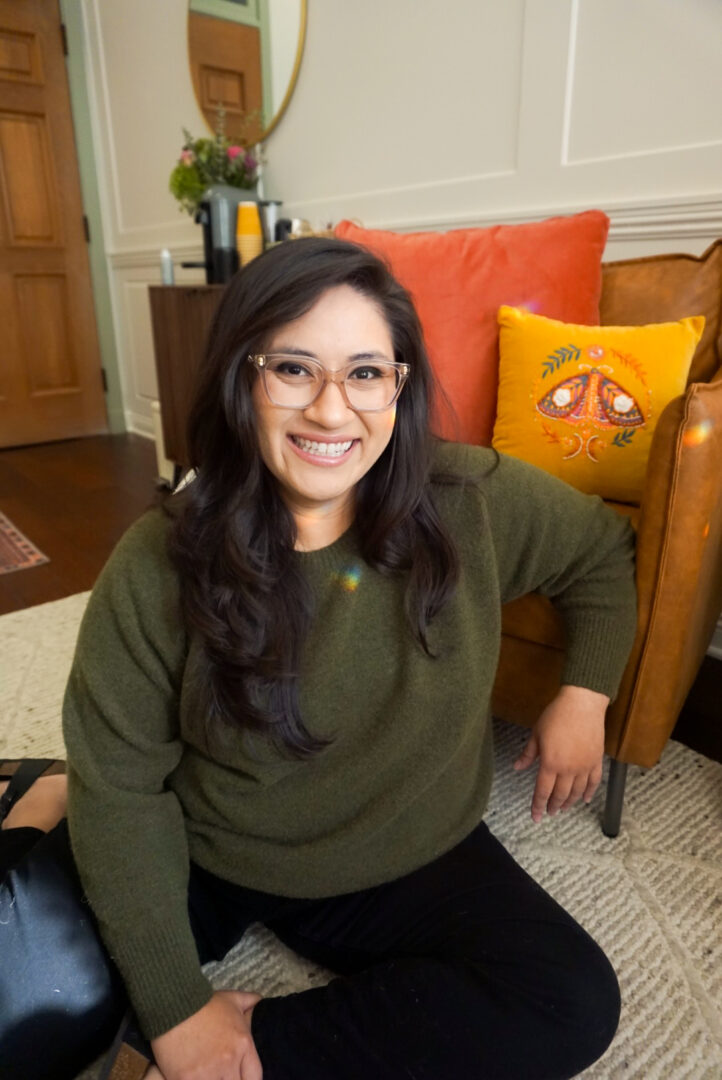We were lucky to catch up with Lehuanani Perez recently and have shared our conversation below.
Lehuanani, sincerely appreciate your selflessness in agreeing to discuss your mental health journey and how you overcame and persisted despite the challenges. Please share with our readers how you overcame. For readers, please note this is not medical advice, we are not doctors, you should always consult professionals for advice and that this is merely one person sharing their story and experience.
All my life, I had struggled with anxiety and depression—and at one point, an eating disorder as well. Therapy and medication had been helpful in the past for managing those symptoms. But everything changed after I gave birth. The anxiety and depression skyrocketed, but even more alarming was how impaired I became in doing everyday tasks. It wasn’t just emotional—it was executive dysfunction at a level I hadn’t experienced before. Medication stopped being effective, even after changing doses, and I was told it might be postpartum depression or anxiety. But deep down, I knew something else was going on.
I was diagnosed with ADHD at 33, seven months postpartum, in the thick of new motherhood—sleep-deprived, emotionally raw, and completely overwhelmed. The diagnosis brought a huge sense of clarity, but also a wave of frustration. There was no time to grieve or fully process what it meant; I had a baby depending on me. I couldn’t fall apart—I had to figure out how to help myself, fast. That urgency became my driving force. It turns out postpartum is actually a common time for ADHD symptoms to become more apparent—shifts in hormones can drastically exacerbate symptoms, often bringing them to the surface for the first time in a noticeable or unmanageable way.
For years, I had been misdiagnosed with anxiety and depression. And while those symptoms were very real, it turns out they were often a response to the unmanaged ADHD. Once I started treating my ADHD directly—with therapy, medication, and self-compassion—the anxiety and depression lifted. That alone was life-changing. But getting to that point wasn’t easy. The steps to being diagnosed with ADHD as an adult were horrendous. It took so much advocacy, persistence, and emotional labor just to be taken seriously. My determination to get the care I needed—and deserved—was vital to me being where I am today.
What’s especially wild is that I’m a therapist—and I had never considered that I might have ADHD. That’s how underrepresented and misunderstood the experience of ADHD in women and AFAB individuals has been. As research finally begins to include us, we’re seeing how differently ADHD can present—often masked by coping mechanisms or misinterpreted as anxiety or personality traits. That shift in understanding has been incredibly validating, and it’s helped me not only take better care of myself, but also become more attuned to how ADHD can show up in my clients.
Persistence, for me, hasn’t looked like being perfect—it’s looked like continuing to show up, even when it’s messy. Especially when it’s messy
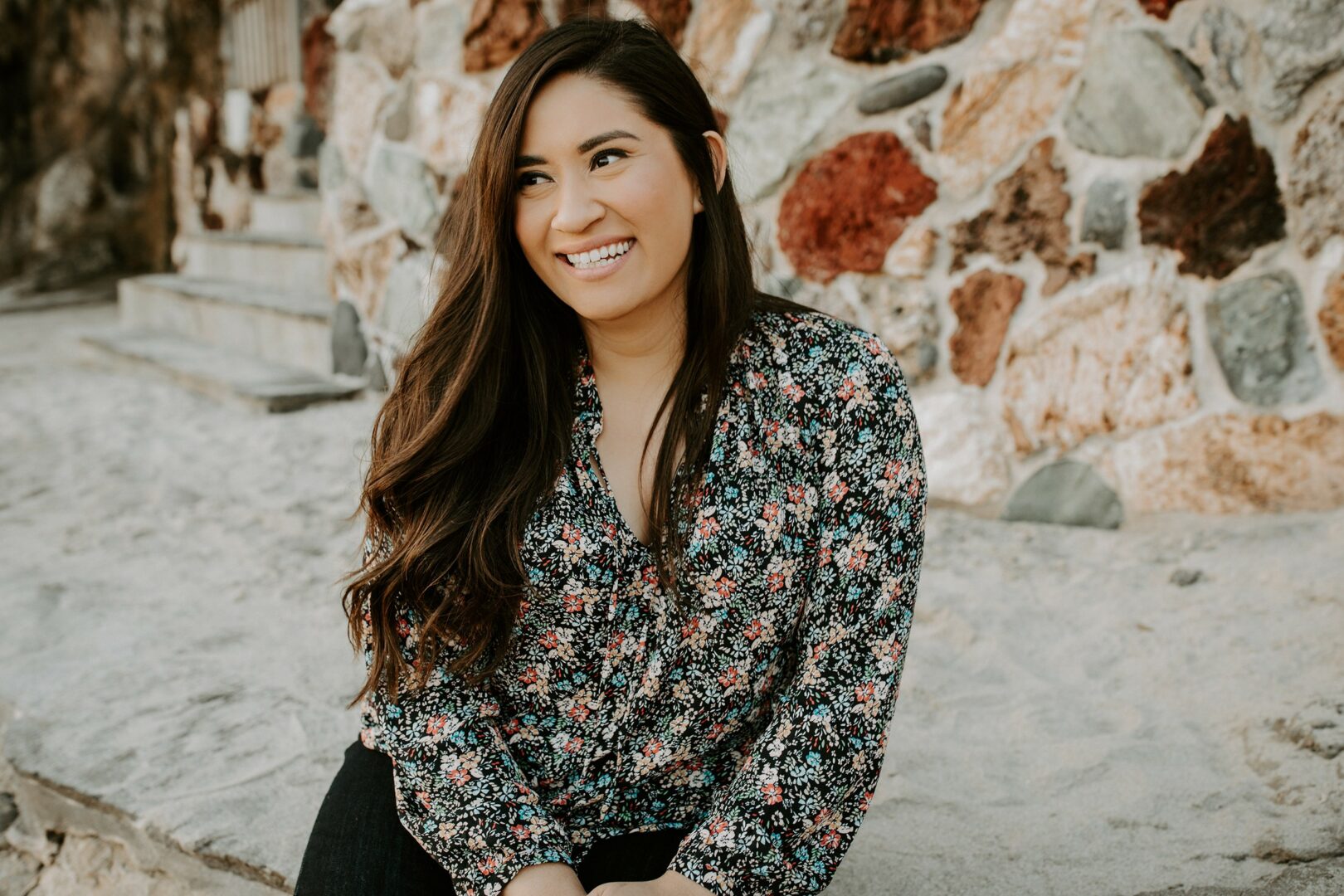
Thanks for sharing that. So, before we get any further into our conversation, can you tell our readers a bit about yourself and what you’re working on?
I’m a licensed marriage and family therapist who works primarily with women and AFAB individuals who have been diagnosed with ADHD later in life—or suspect they may have it. My work is deeply personal. Through my diagnostic experience at age 33, I quickly realized how limited the resources and understanding are—especially when it comes to ADHD in women.
I can’t tell you how many times I was dismissed with lines like, “That’s a childhood disorder—you would’ve grown out of it by now,” or, “That’s something boys have,” or my personal favorite, “You can’t have ADHD, you have a master’s degree.” Those comments reflect a huge gap in both awareness and clinical education. I was tired of being misunderstood, misinformed, and underestimated. So, I decided to become the provider I wish I had when I was trying to navigate my own diagnosis.
In my practice, Neuroprism Counseling, I offer master’s-level ADHD assessments focused on deepening self-understanding and identifying patterns. While these assessments can’t be used for medication prescriptions, K–12 accommodations, or disability documentation, they’re incredibly validating and often a powerful first step in the diagnostic process. I also provide individual therapy sessions, where we can process the trauma and grief of a new diagnosis, explore everything in between, and work toward understanding how to collaborate with your brain instead of fighting against it. Because accessing psychiatric care can be expensive, discouraging, or full of dead ends, I’ve also started building a curated list of psychiatric providers who will take these assessments into consideration when discussing medication and care options.
What makes my work special is that I get it—not just from a clinical perspective, but from lived experience. There’s something incredibly healing about working with someone who has walked a similar path. My goal is to create that safe, validating space for others, so they don’t have to figure it all out alone.
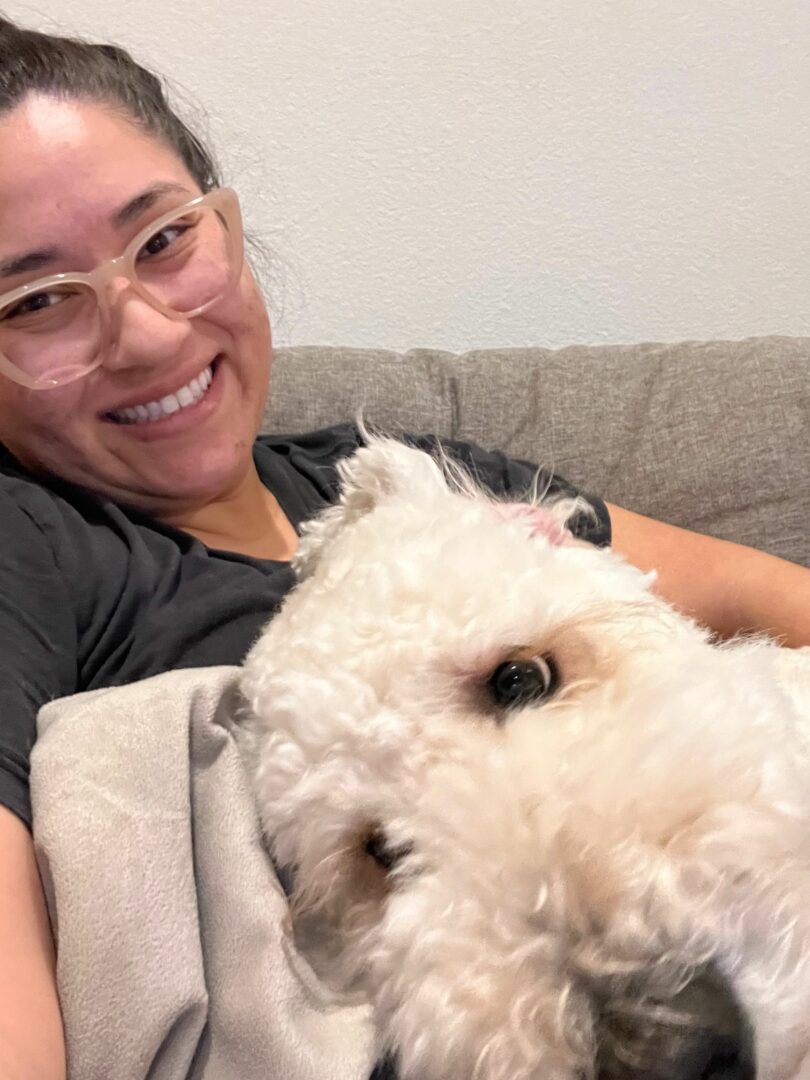
There is so much advice out there about all the different skills and qualities folks need to develop in order to succeed in today’s highly competitive environment and often it can feel overwhelming. So, if we had to break it down to just the three that matter most, which three skills or qualities would you focus on?
The three qualities that were most impactful in my journey were self-advocacy, persistence, and self-compassion.
Self-advocacy became a non-negotiable once I realized how often women and AFAB folks are dismissed or misdiagnosed when it comes to mental health—especially ADHD. I had to learn how to speak up, ask the hard questions, and push back when providers minimized my experience. For anyone early in this process: trust what your body and mind are telling you. You’re the expert on your lived experience, even if others don’t see the full picture yet.
Persistence played a major role, especially in navigating a healthcare system that isn’t always trauma-informed or ADHD-friendly. The steps it took to get properly diagnosed as an adult were exhausting and, honestly, disheartening at times. But I knew I couldn’t give up—I had to keep showing up for myself. If you’re just starting out, know that it’s okay to take breaks, cry, and feel overwhelmed. What matters is coming back to your “why”—whether that’s showing up for yourself, your family, or your future.
Lastly, self-compassion was the piece that allowed me to move forward without shame. I had spent years believing I was just lazy, scattered, or emotionally too much. Once I was able to reframe those narratives and understand my brain, everything shifted. If you’re just beginning this journey, be gentle with yourself. For me, healing feels like a pinball in a pinball machine—sometimes it feels scattered and all over the place, but each bounce is still leading me forward, making progress in its own way. Every step matters—even the messy ones, especially the messy ones.
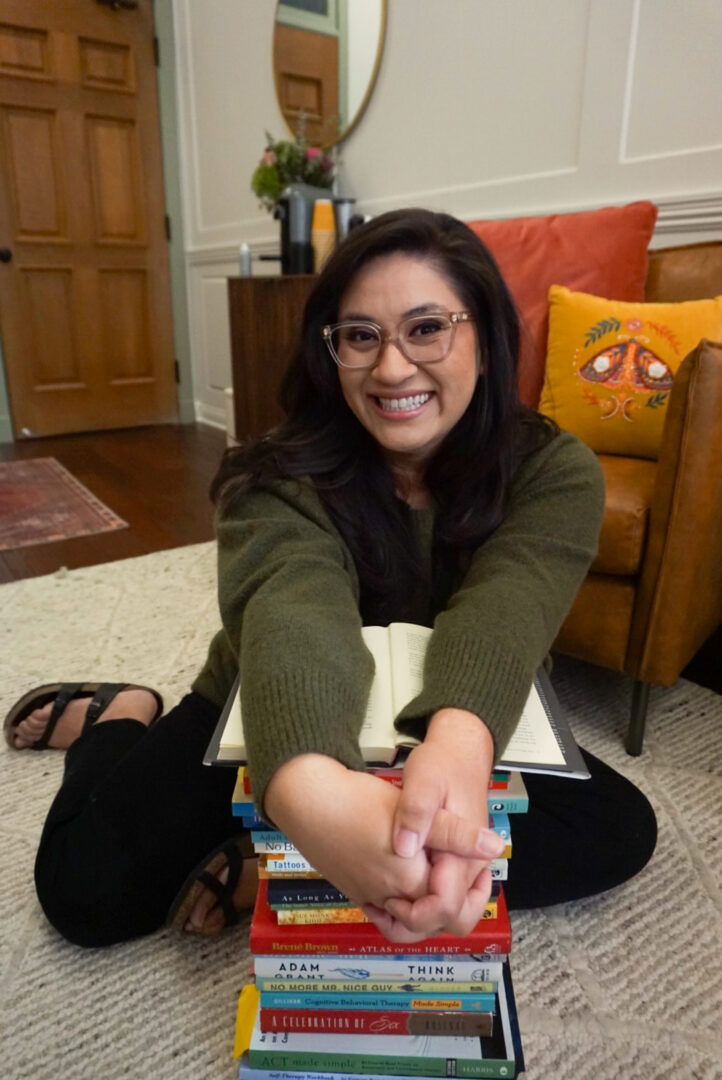
Who is your ideal client or what sort of characteristics would make someone an ideal client for you?
My ideal client is looking for virtual support (with in-person options possibly available in the future). They might have been recently diagnosed with ADHD—or maybe they just suspect something’s going on because they’ve been struggling for a while and nothing else has quite explained it. They may often feel like they’re hitting invisible walls—things seem harder than they are for others, and they’re ready to explore why that might be.
I work with people who are looking for a safe space to figure out how to live in sync with their brain rather than constantly fighting against it. Together, we’ll explore how ADHD shows up in their life—both the good and the tricky—and come up with creative, personalized strategies that make sense for them. I love working with clients who are ready to find some light in the chaos, embrace the messy bits of their journey, and feel empowered to be their true selves along the way.
Contact Info:
- Website: https://www.neuroprismcounseling.com/
- Instagram: @lateadhdtherapist
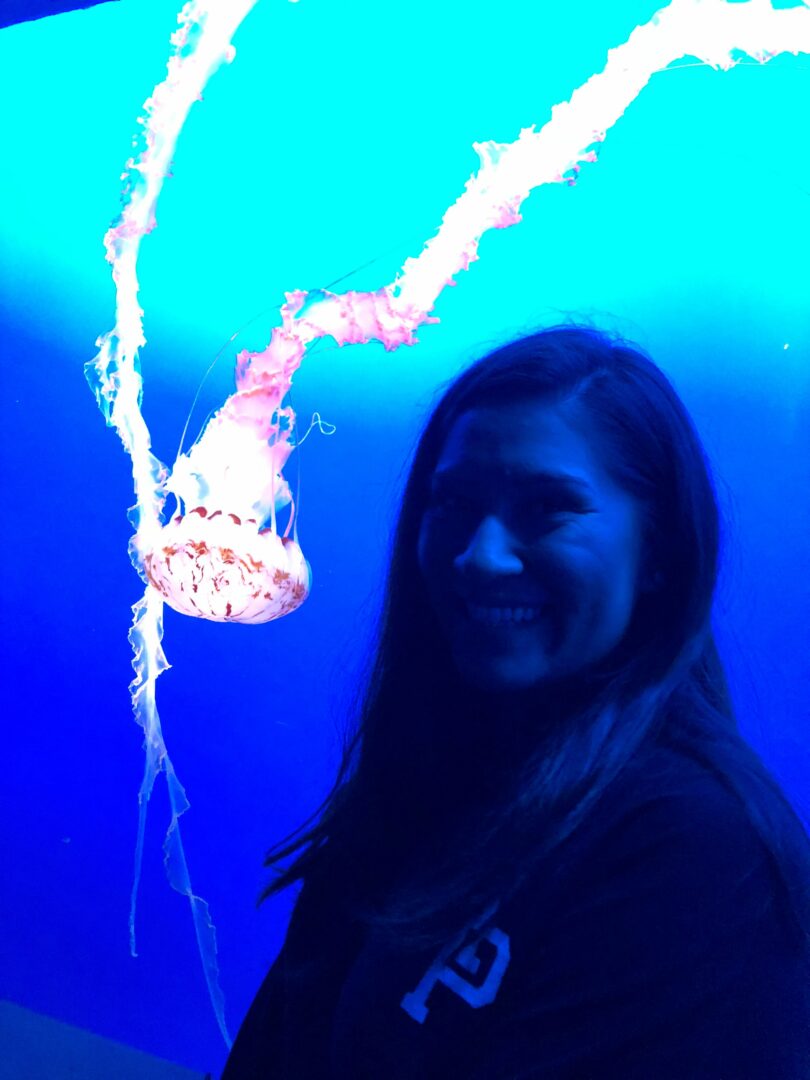
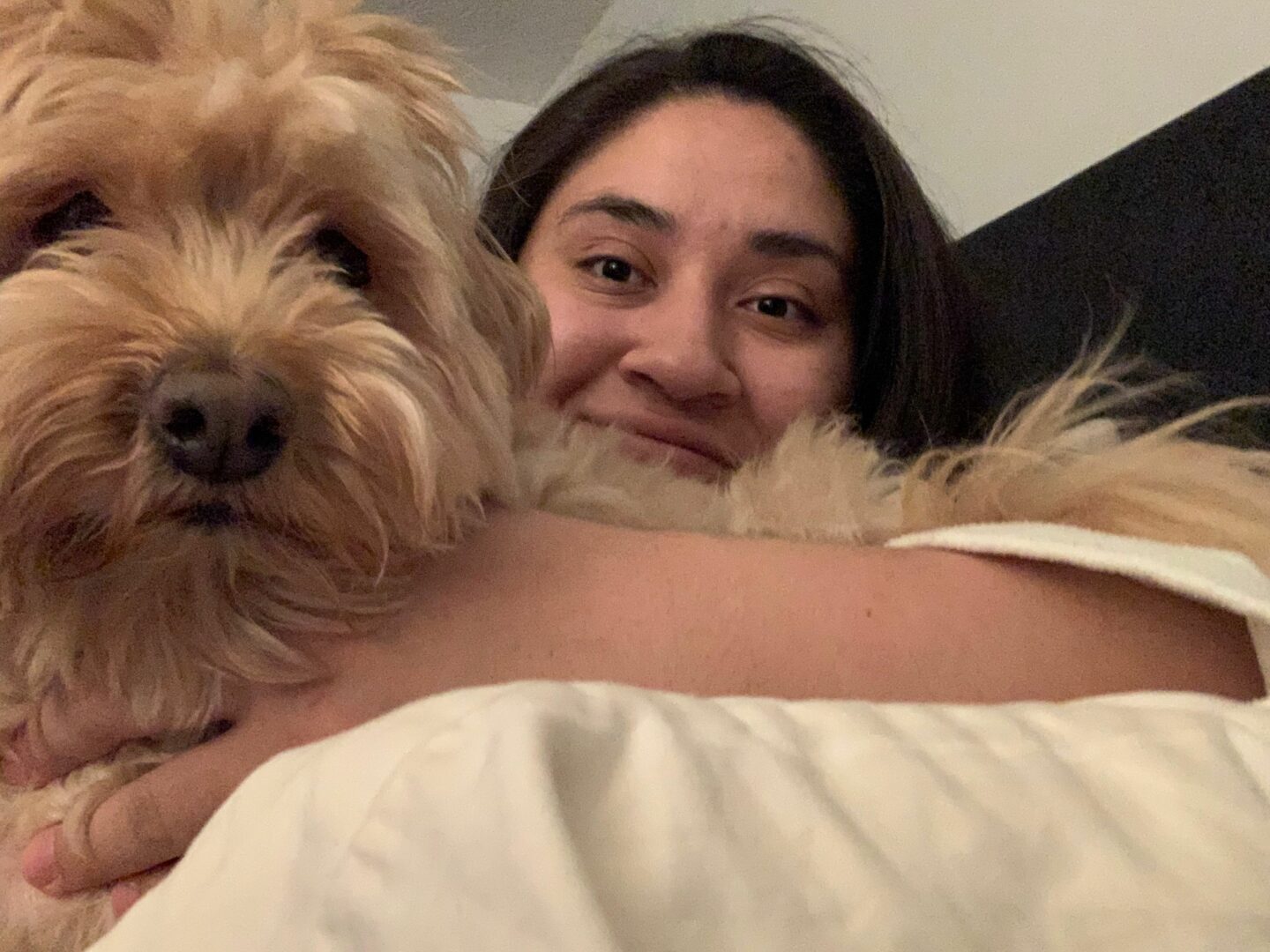
Image Credits
Taylor Atchison (Beach Photo)
so if you or someone you know deserves recognition please let us know here.

